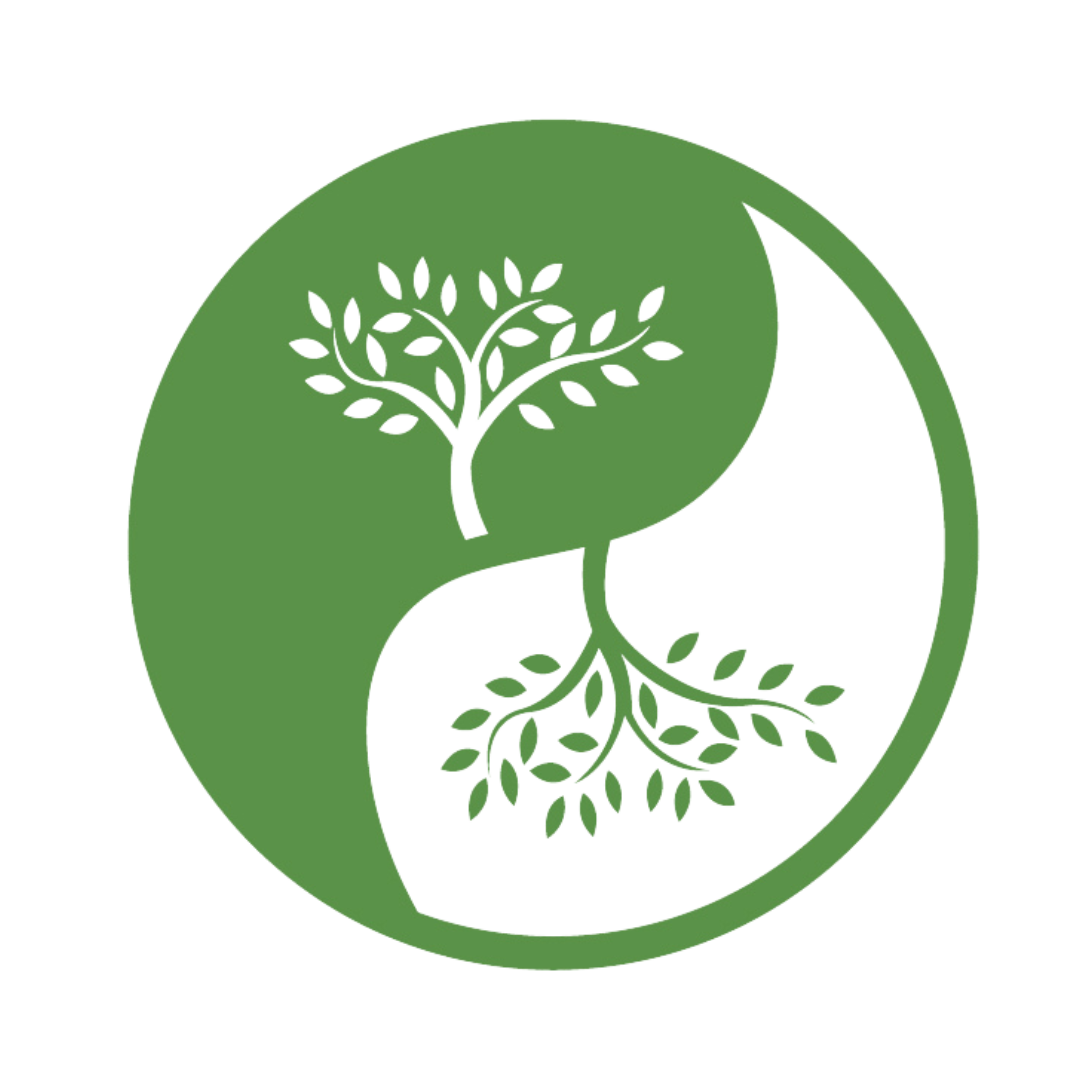PCOS 101
Polycystic Ovarian Syndrome is a very common female condition which currently affects roughly 1 in 10 females in the world so chances are, you might know somebody that suffers from it, or you might have it yourself. We will dive into the complexities behind it and what conventional and natural options there are available.
A complex picture
Polycystic ovarian syndrome (PCOS) is a collection of symptoms that can manifest in a variety of ways, most notably the way it affects the functioning of a woman’s ovaries. The typical age of onset is still up for debate however as menstrual cycle irregularity is a key feature, PCOS can happen at any time after puberty. The three main characteristics of PCOS are
Irregular or no periods (Affecting ovulation)
Hyper-androgenism (Excess ‘male hormones’)
Polycystic Ovaries (Despite the name, cysts do not actually appear on the ovaries. An increased number of follicles which holds the eggs are seen but are not released).
A diagnosis is made if two of the three clinical features above are present and the individual will typically experience a wide range of signs and symptoms varying from, acne and excessive hair growth on the face, to weight gain and infertility.
Despite the exact cause of PCOS still being unknown, many believe it’s a perfect storm between a genetic predisposition made worse by environmental/lifestyle factors. With an excess of male hormones being the focal point of the condition, male dominant hormones such as testosterone, DHT and androstenodione are implicated in the virilization of its sufferers.
There are a number of proposed mechanisms behind the increased production of androgens within PCOS women. Insulin is produced by the pancreas in response to carbohydrates in the diet and if excessively called upon insulin levels can rise to levels which cause complications. As the insulin levels rise, this starts a cascade of trouble whereby certain hormones are decreased, allowing androgen levels to creep up. This is compounded by the fact that prolonged raised insulin levels can result in insulin resistance, which in turn can lead to increased weight gain. This weight gain is incredibly detrimental as fat cells are responsible for roughly 50% of the testosterone that females produce. The ovaries and adrenal glands making up the other 50%.
Beyond insulin and its role in the development of PCOS symptoms, emerging research has connected the gut microbiome to the amount of calories an individual can extract from the food they eat. It has been shown that women with PCOS are more likely to have an increased amount of firmicute bacteria, which can harbor energy, leading to an increased extraction of calories from food and therefore more weight gain. This has been proven on mice studies where lean mice were given the firmicute bacteria from obese mice, which then resulted in the lean mice developing obesity.
Various drugs can be prescribed depending on the symptom. Metformin can be used to manage insulin levels, clomiphene citrate and letrozole for infertility and spironolactone/oral contraceptive pill for acne. Whilst the efficacy rate is good, they do come with their own side effects, such as gastrointestinal issues and increased chance of giving birth to twins.
For those wishing to seek a more natural approach, a nutrition and lifestyle intervention can be promising. As insulin resistance is seen in a large proportion of women with PCOS, either with or without obesity, tackling this area first is key. Managing dietary carbohydrate intake and balancing blood sugar levels will have a positive effect in regulating insulin levels. This can mean removing refined sugars in the diet and incorporating more whole grains, vegetables and fruits. In addition, performing resistance based exercises to promote muscle growth will also be beneficial for insulin health. It is no secret that skeletal muscle are huge reservoirs for carbohydrate storage meaning the more muscle mass you have, the better chance you have at becoming insulin sensitive. Through anecdotal experience we have noticed huge improvements in client symptoms when they have undertaken one of our program’s.
Additional dietary supplementation has also be shown to have a positive effect on symptoms, vitamin D, magnesium and zinc have all proven to be beneficial for insulin health and increases the uptake of carbohydrates into the cells. There is also a large body of evidence to suggest that weight management is crucial in the fight against PCOS, specifically focusing on reducing central obesity and improving muscle composition (Vause et al, 2010).
While there may not be a cure for PCOS as of yet there are different approaches to consider for the management of its symptoms. Weight loss, eating a balanced diet and improving muscle mass composition are all viable ways to improve PCOS symptoms and overall health. Contact us today to find out how we might be able to help you manage the symptoms of PCOS.
